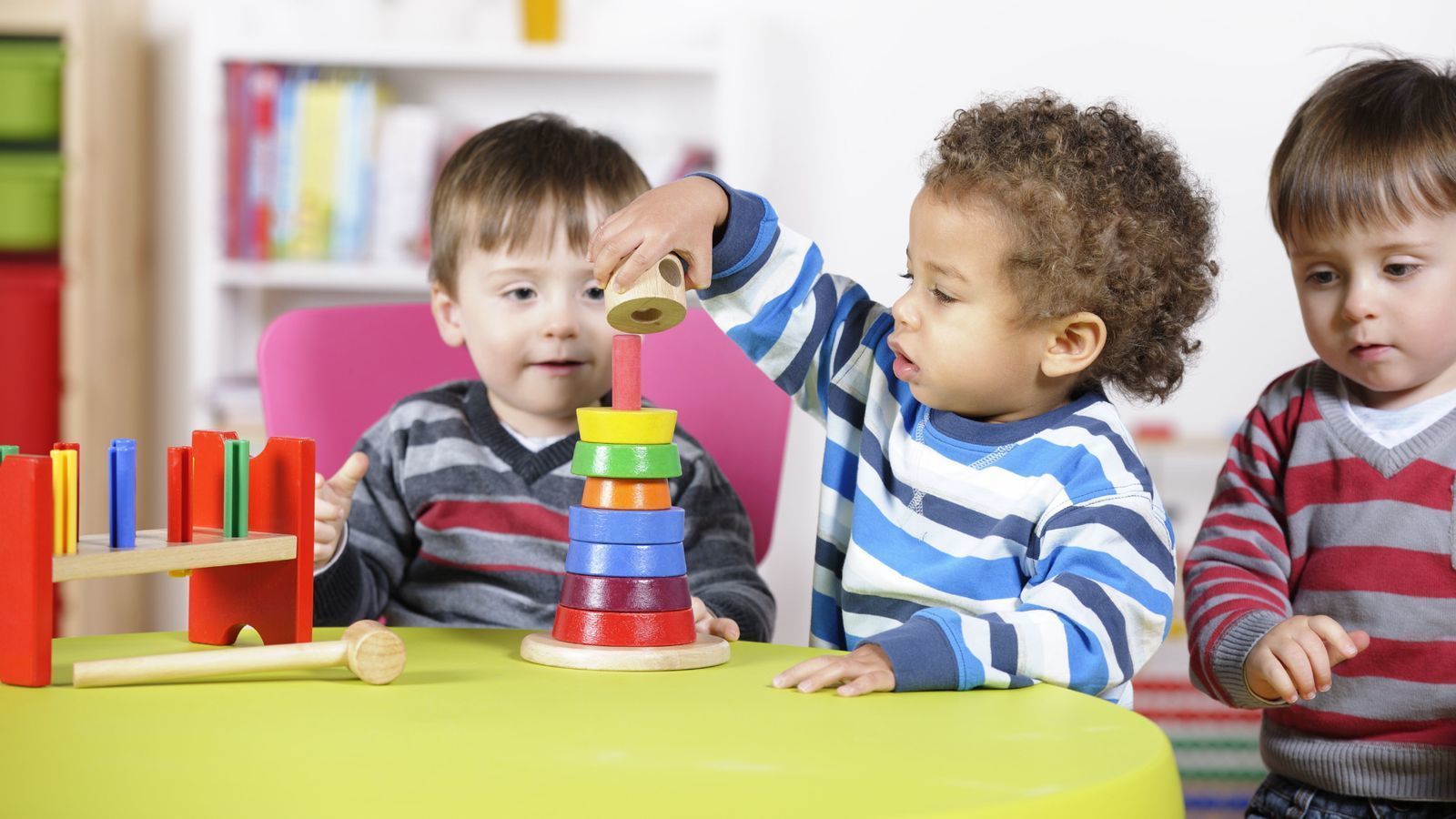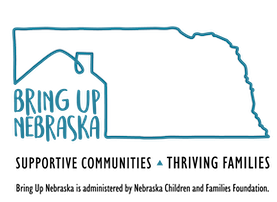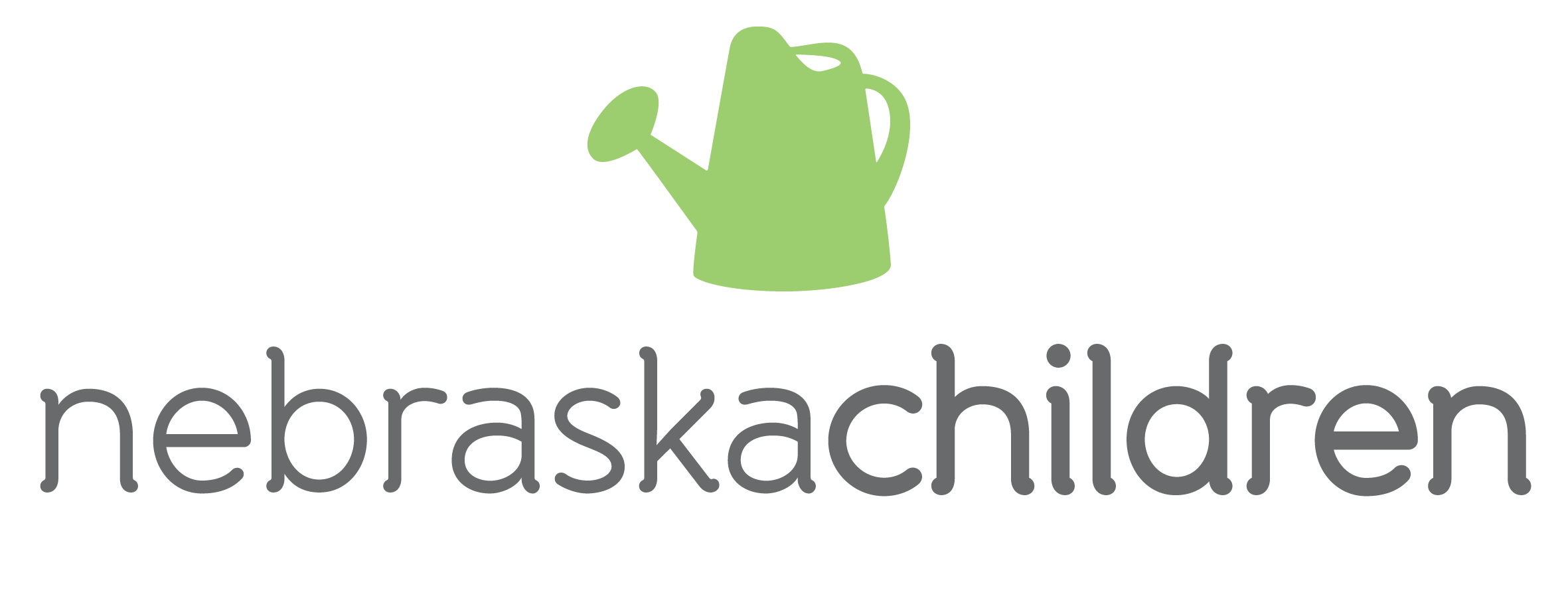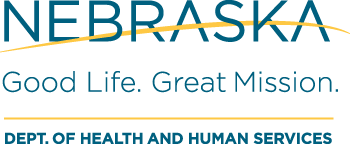Children’s early experience of being nurtured and developing a bond with caring adults affects all aspects of behavior and development. Children that feel loved and supported by their parents and other adults tend to be more competent, happy and healthy as they grow into adulthood.
Knowledge of Parenting and Child Development
Parents that understand child development stages and parenting strategies to support physical, cognitive, language, social and emotional development are more consistent with rules and expectations and communicate more effectively with their children.
What you can share with parents:
- Provide information on developmental stages with examples
- Be responsive to issues presented by parents in the moment
- Offer information or coaching on specific parenting challenges
- Give parents opportunities to network with each other
- Promote early identification of children’s developmental delays and provide of appropriate assistance
- View the Teacher/Service Provider Tip Chart from Making Meaningful Connections: 2019-2020 Prevention Resource Guide
- Help parents build positive relationships with each of their children
- Develop trust and working relationships with the parents you serve. Regular communication helps.
- Guide parent observations of their children’s unique characteristics, strengths and development
- Promote development of daily routines that provides infants or children with ample time for rest, nourishment, and play
- Link parents to evidence-informed programs to promote attachment such as Parents Interacting With Infants (PIWI) and Circle of Security Parenting
- Know symptoms of maternal depression and make appropriate referrals as needed
Specific strategies:
- Share what you know about the age group you’re teaching. Send home periodic letters about the developmental milestones, challenging behaviors that are common, interests that may come up, and age appropriate activities. You can also include quality information on family and parenting like these Parenting Guides from Boys Town.
- Research shows that babies who received affection and nurturing from their parents have the best chance of developing into children, teens, and adults who are happy, healthy, and have relational, self-regulation, and problem-solving skills.
Social and Emotional Competence of Children
Children who learn to communicate their emotions effectively and develop self-regulating behaviors interact more positively with adults and peers and are more likely to fare better in school and in life.
What you can do to assist adults and other caregivers:
- Have positive perceptions of each child
- Respond warmly and consistently to each child’s needs
- Create an environment in which children feel safe to express their emotions
- Talk with children to promote vocabulary development
- Help children separate emotions from actions; model empathy
- Encourage and reinforce children’s social skills such as taking turns
- View the Teacher/Service Provider Tip Chart from Making Meaningful Connections: 2015 Prevention Resource Guide
The Pyramid Model
Across Nebraska, the Pyramid Model is being implemented in facilities that educate children from birth to age five. This is an evidence-based approach to promoting social and emotional competence in infants and young children. Learn more about the Pyramid Model.
Family Functioning/Resilience
Many characteristics and abilities comprise resilience, such as a problem solving skills, positive attitude, and seeking help when needed. Resilience is the ability to handle both general life stresses and parenting stresses as well as to recover from occasional crises.
What you can do:
- Provide information on causes of stress and how it affects health and relationships
- Help parents develop skills such as planning, goal-setting, problem-solving and self-care
- Make mental health support accessible and non-stigmatizing
- View the Teacher/Service Provider Tip Chart from Making Meaningful Connections: 2015 Prevention Resource Guide
Social Connections
Parents that are connected to constructive, supportive family, friends and community have better child and family outcomes. Everyone needs people in their lives that offer, positive emotional support, positive parenting norms, resource sharing and mutual help.
What you can do:
- Create spaces or opportunities for parents to socialize
- Help parents choose positive social connections
- View the Teacher/Service Provider Tip Chart from Making Meaningful Connections: 2015 Prevention Resource Guide
Concrete Supports
Parents need basic resources such as food, clothing, housing, transportation and access to essential services in order to ensure the health and well-being of their children. Many families do not get the resources and services for which they are eligible. Stigma can be one significant barrier.
Most parents are unlikely to use or identify with the words “concrete supports.” Instead, they might express a goal such as, “My family can get help when we need it.” Working with parents to identify their most critical basic needs and locate concrete supports keeps the focus on family-driven solutions.
What you can do:
- Help families know what is available in the community as well as how to access local resources and services
- Promote service designs that support family integrity and build on family strengths
- View the Teacher/Service Provider Tip Chart from Making Meaningful Connections: 2015 Prevention Resource Guide
How Healthy Families America Supports Families
Healthy Families America is a program of Prevent Child Abuse America
Protective factors are incorporated into every Healthy Families America program through the program goals and critical elements. In addition, home visitors take steps to foster and support the growth of protective factors in program families.
Click here to download more information about Healthy Families America.
Protective Factors for Home Visitors
Increasing Resilience in Home Visitors:
Self-Reflection: Awareness of emotional triggers and how past experiences (consciously and unconsciously) impact relationships with families. The capacity to identify what you are feeling and why. Additionally, developing the capacity to identify where you are residing in the brain (cortex, brain stem, limbic, left or right hemispheres) in an effort to bring balance.
Self-Regulation: The capacity to manage disruptive emotions and impulses and regulate oneself in order to think and respond instead of react.
Self-Care: The recognition that our work is delivered through our one precious self and that we must care for ourselves with at least as much passion and effort as we care for others. Self-care is not a luxury, but a priority, because we know when we take good care of ourselves we are healthier, happier, brighter and better able to show up for others.
Social Connection: Knowing that it is a human need to be heard, valued and seen. We seek out the support of others who believe in us, listen to us without judgment and honor who we are. We understand that we cannot do everything alone – we need each other.
Empathy: We understand that only when our own emotional wounding is met with empathy and compassion from others, and from ourselves, that we can truly connect with the pain of another and feel with them instead of judging or feeling for them.
Vulnerability: Being willing to admit when a “mistake” was made, making amends and asking for help when needed. Also, remembering that if we aren’t making mistakes we aren’t learning or human.
Self-Compassion: Resilient home visitors offer themselves the same level of compassion and understanding that they offer the families they serve. They practice self-forgiveness and attend, with empathy, to the wounded parts of themselves.
Boundaries: When we are clear about what is okay and not okay for each of us, we can kindly, but firmly, set boundaries. When personal boundaries are in place this container of safety allows for us to assume that people are doing the best they can. They also assist us in knowing when we are over-working and need to balance work and home life. Setting boundaries is vital to the prevention of burnout.
Joy: Research has shown that there is no faster way to heal trauma than through the experience of joy. Resilient home visitors know what brings them joy, practice joyful activities and recognize with gratitude the little pleasurable moments in life.
